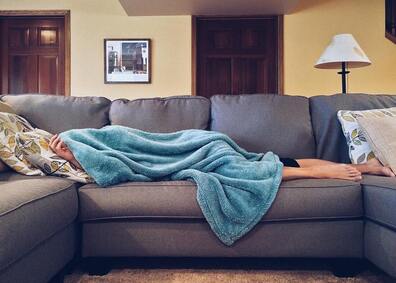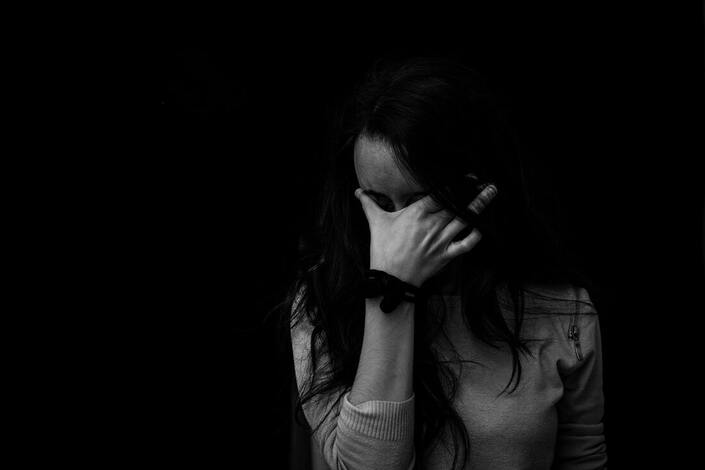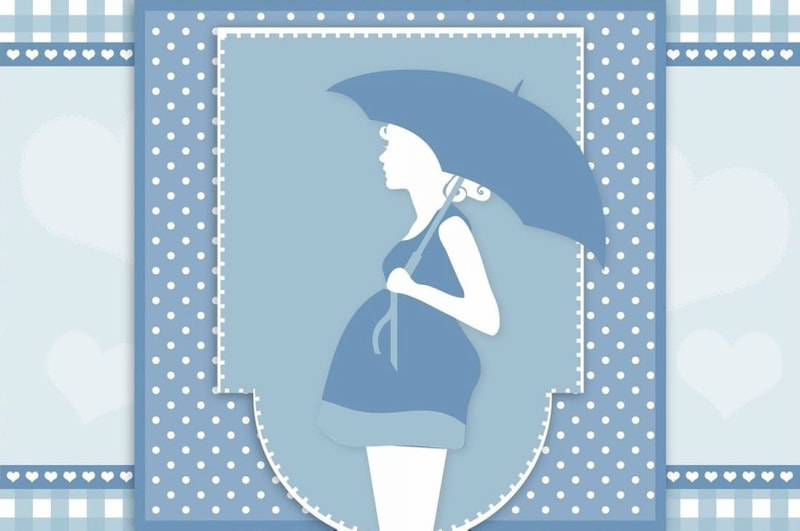The Anxiety of Losing Sleep
Sleep is the most vital activity in one’s life. In fact, the average time spent sleeping is approximately one-third of the average human lifespan. While long-standing research suggests that chronic sleep deprivation leads to health issues such as hypertension, heart attack and stroke, weight gain, diabetes, impaired brain function, memory loss, and immune system deficiency, a new link to anxiety has also been found.
Recent research has looked further into whether a nightly sleep deficiency can trigger day-to-day increases in anxiety. Researchers at the University of California, Berkeley explored whether small, moderate changes in sleep quality led to increased anxiety in their recent experimental studies. Specifically, researchers studied whether a lack of sleep affects the same areas of the brain as anxiety disorders. They also investigated the benefits of non-rapid eye movement (NREM) sleep for anxiety. Researchers chose this topic as there was speculation of sleep having an effect on the activity and connections of the brain which could provide insight into the relation between NREM and anxiety.The first study involved two independent samples: one involving 18 healthy participants taking part in an in-laboratory experimental study and the second taking part in an online study. The in-lab study involved participants partaking in two sessions: a sleep-sufficient group that had a full night of sleep and a sleep-deprived group that was fully awake for 24 hours. For each session, the participants self-reported anxiety levels in both the morning and evening using a 20-80 scale range survey with higher scores representing higher anxiety. Functional magnetic resonance imaging (fMRI) was used each morning to analyze the brain activity of participants after their sleeping sessions in the lab. The online study involved participants inputting sleep and anxiety levels across two nights and days. A second series of studies had 32 people participate in an overnight sleep study where they slept in the laboratory and a second online test that tracked their habitual sleep and anxiety across four nights and days.
Recent research has looked further into whether a nightly sleep deficiency can trigger day-to-day increases in anxiety. Researchers at the University of California, Berkeley explored whether small, moderate changes in sleep quality led to increased anxiety in their recent experimental studies. Specifically, researchers studied whether a lack of sleep affects the same areas of the brain as anxiety disorders. They also investigated the benefits of non-rapid eye movement (NREM) sleep for anxiety. Researchers chose this topic as there was speculation of sleep having an effect on the activity and connections of the brain which could provide insight into the relation between NREM and anxiety.The first study involved two independent samples: one involving 18 healthy participants taking part in an in-laboratory experimental study and the second taking part in an online study. The in-lab study involved participants partaking in two sessions: a sleep-sufficient group that had a full night of sleep and a sleep-deprived group that was fully awake for 24 hours. For each session, the participants self-reported anxiety levels in both the morning and evening using a 20-80 scale range survey with higher scores representing higher anxiety. Functional magnetic resonance imaging (fMRI) was used each morning to analyze the brain activity of participants after their sleeping sessions in the lab. The online study involved participants inputting sleep and anxiety levels across two nights and days. A second series of studies had 32 people participate in an overnight sleep study where they slept in the laboratory and a second online test that tracked their habitual sleep and anxiety across four nights and days.
Image Source: Juan Pablo Serrano Arenas
Following the study’s conclusion, the researchers found an increase in anxiety levels for 78% of participants in the sleep-deprived condition, with 50% of them scoring above the threshold for anxiety disorders. Notably, there was only a marked increase in scores measured in the morning which illustrate a greater impact sleep deprivation when starting a day. In terms of measuring brain activity, a strong correlation was found with anxiety levels and inhibition of the medial prefrontal cortex (MPFC) region, a region of the brain associated with emotional or anxiety control which conveys a link between the significance of sleep with anxiety as sleep deprivation resulted in the inhibition of this region in the experiment. In contrast, the second in-lab sleeping study found that anxiety levels had dropped after NREM sleeping in the lab with an increase in activity of the MPFC region, relating the benefit of NREM for anxiety. Finally, the online study group showed a relationship with increased anxiety levels after a change in sleep quality the next night. This relationship suggests that subtle alterations in nightly sleep quality can be responsible to consequentially change anxiety.
The results from this research are important in today’s increasingly busy world. Not only do these findings provide evidence that a lack of sleep negatively impacts mental health, but also strengthens the association that even subtle changes in sleep quality can cause an increase in anxiety. In this same sense, the study also described the observed benefits of NREM sleep for reducing anxiety levels, providing another reason why a good night’s rest is important. The next time the choice of pulling an all-nighter comes up, reconsider doing it for the sake of one’s overall health.
The results from this research are important in today’s increasingly busy world. Not only do these findings provide evidence that a lack of sleep negatively impacts mental health, but also strengthens the association that even subtle changes in sleep quality can cause an increase in anxiety. In this same sense, the study also described the observed benefits of NREM sleep for reducing anxiety levels, providing another reason why a good night’s rest is important. The next time the choice of pulling an all-nighter comes up, reconsider doing it for the sake of one’s overall health.
Featured Image Source: Pixabay
RELATED ARTICLES
|
Vertical Divider
|
Vertical Divider
|
Vertical Divider
|






